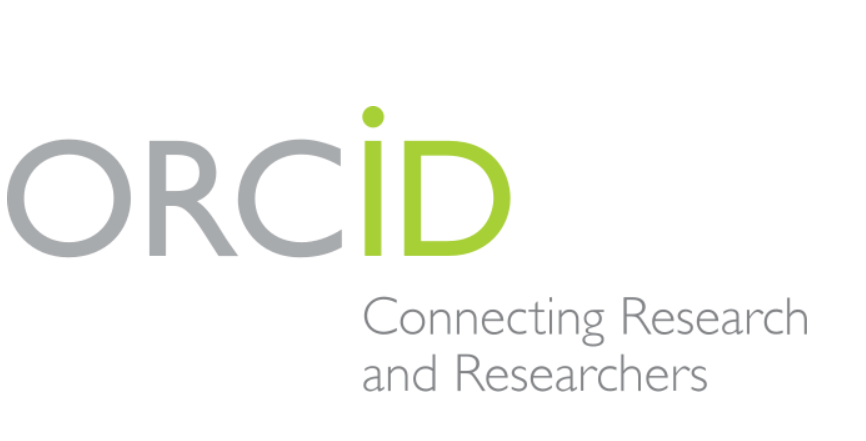INFLUÊNCIA DA REABILITAÇÃO PROTÉTICA NA NEUROPLASTICIDADE CEREBRAL DE INDIVÍDUOS EDÊNTULOS
DOI:
https://doi.org/10.71248/zjycmx54Palavras-chave:
Perda dentária, Prótese dentária, NeuroplasticidadeResumo
A perda dentária compromete a estimulação sensorial e motora da região orofacial, impactando áreas cerebrais envolvidas na mastigação e cognição. A reabilitação protética tem sido investigada por ter potencial em modular a atividade cerebral através da neuroplasticidade. Esta revisão de literatura analisou estudos publicados entre 2019 e 2024, que utilizaram técnicas de neuroimagem funcional para avaliar alterações cerebrais em adultos edêntulos reabilitados com diferentes tipos de próteses. Os resultados demonstraram que as próteses implantossuportadas ativam e reorganizam corticalmente as regiões motoras, somatossensoriais e cognitivas, associadas à melhora da função mastigatória e potencial benefício cognitivo. A osseopercepção realiza a transmissão sensorial ao sistema nervoso central, favorecendo a neuroplasticidade. Todavia, a heterogeneidade metodológica é um fator limitante, por isso são necessários estudos longitudinais para aprofundar o entendimento dos efeitos neurofuncionais da reabilitação oral, visando otimizar intervenções clínicas que promovam saúde oral e neurológica integrada.
Referências
BHAUTACHARJEE, B. et al. A comparative evaluation of neurophysiological activity, active tactile sensibility and stereognostic ability of complete denture prosthesis, and implant-supported prosthesis wearer — A pilot study. Journal of Prosthodontic Research, v. 66, p. 173–180, 2022.
COSTA, R. T. F. et al. Rehabilitation with dental prostheses and its influence on brain activity: a systematic review. Journal of Prosthetic Dentistry, 2024.
DEVI PARAMESWARI, B.; RANJITH, R.; ANNAPOORNI, H. Osseoperception in osseointegrated implants: a review. International Journal of Oral Health Dentistry, v. 6, n. 3, p. 197–200, 2020.
KIMOTO, K. et al. Chewing-induced regional brain activity in edentulous patients who received mandibular implant-supported overdentures: a preliminary report. Journal of Prosthodontic Research, v. 55, n. 2, p. 89–97, 2011.
KOBAYASHI, T. et al. An fMRI study of the brain network involved in teeth tapping in elderly adults. Frontiers in Aging Neuroscience, v. 12, p. 32, 2020.
KOMAGAMINE, Y. et al. Effect of new complete dentures and simple dietary advice on cognitive screening test among edentulous older adults: a randomized controlled trial. Journal of Clinical Medicine, v. 12, n. 14, p. 4709, 2023.
PRAFULLA, U. P. S.; CHANDER, N. G.; BALASUBRAMANIAN, M. Effect of fixed dental prosthesis on brain functions – a pilot study using power spectral density. European Oral Research, v. 54, n. 3, p. 114–118, 2020.
GKINTONI, E. et al. Neurotechnological approaches to cognitive rehabilitation in mild cognitive impairment: a systematic review of neuromodulation, EEG, virtual reality, and emerging AI applications. Brain Sciences, v. 15, n. 6, 2025.
YAN, X. P. et al. Neuroplasticity of edentulous patients with implant-supported full dentures. NeuroReport, v. 19, n. 5, p. 535–540, 2008.
YEUNG, A. W. K.; LEUNG, W. K. Functional neuroplasticity in edentulous patients with prosthetic rehabilitation: insights from functional imaging studies. Nutrients, v. 15, n. 7, p. 1577, 2023.
Downloads
Publicado
Edição
Seção
Licença
Copyright (c) 2025 Cognitus Interdisciplinary Journal

Este trabalho está licenciado sob uma licença Creative Commons Attribution-NonCommercial-NoDerivatives 4.0 International License.











